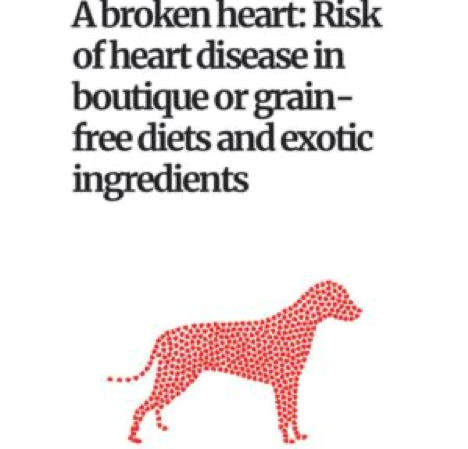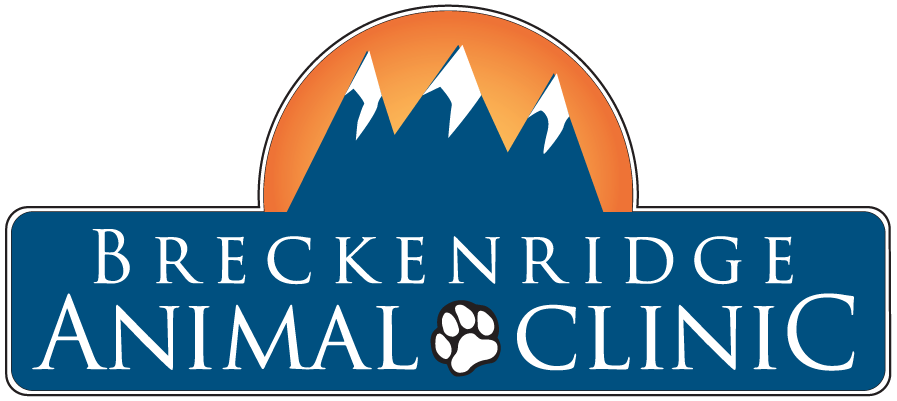
Diet Related Heart Disease
Grain Free, Boutique Pet Foods, and Exotic Ingredients are linked to Heart Disease
By Dr. Caroline Cervelli
Dogs that eat grain free diets, boutique pet foods, or exotic ingredients may be more prone to develop a form of heart disease called Dilated Cardiomyopathy (DCM). DCM has historically only been seen in a few known breeds of dogs but have been diagnosed in many more breeds since the rise of such diets.
The Food and Drug Administration, veterinary cardiologists, and veterinary diagnostic labs have begun investigating the link between dogs fed grain-free diets and the development of dilated cardiomyopathy (DCM). The FDA has been receiving reports of unusually high rates of DCM in breeds not typically at risk of the condition.
So how did all of this happen?
In an attempt to live healthier lives themselves, many pet owners have been drawn to grain-free and gluten free diets. Pet food companies have jumped on this marketing bandwagon and thus the trend has found its way to pet foods. Nearly 20 percent of all dog foods launched in 2017 were gluten-free and grain-free, which seems now to be perceived to be healthier. For our canine friends, it appears this is not the case, it is just the opposite.
We strongly recommend dog owners STOP feeding grain-free diets unless specifically directed by a veterinarian.
You don’t have to take our word for it.
Tufts Veterinary Nutrition Department and Dr. Lisa Freeman, a veterinary nutritionist, have published multiple articles on this topic:
It’s Not Just Grain-Free: An Update on Diet Associated Dilated Cardiomyopathy
A broken heart: Risk of heart disease in boutique or grain-free diets and exotic ingredients
Grain- Free Diets – Big on marketing, Small on truth
So how do I select a new diet?
Dr. Freeman says, “change to a diet with more typical ingredients made by a company with a long track record of producing good quality diets. And do yourself a favor – stop reading the ingredient list! Although this is the most common way owners select their pets’ food, it is the least reliable way to do so. And be careful about currently available pet food rating websites that rank pet foods either on opinion or on based on myths and subjective information. It’s important to use more objective criteria (e.g., research, nutritional expertise, quality control in judging a pet food). The best way to select what is really the best food for your pet is to ensure the manufacturer has excellent nutritional expertise and rigorous quality control standards.”

